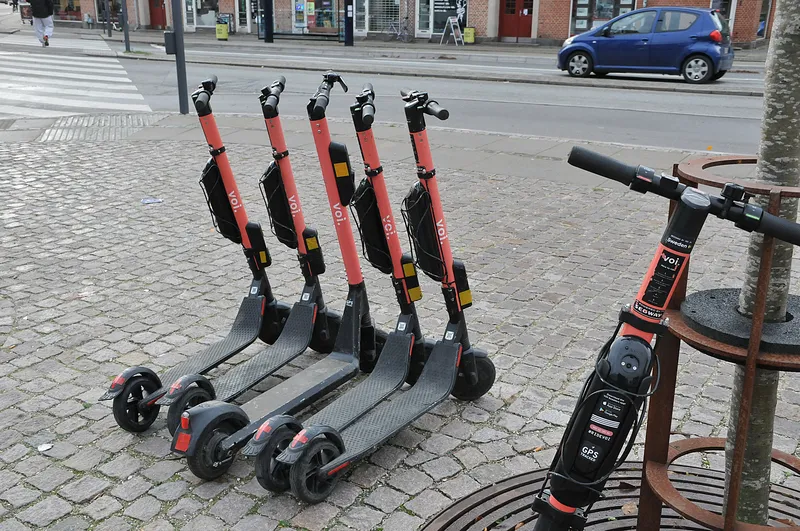Back in 2009, the public transport sector set itself a goal: double its market share worldwide by 2025 to make cities more liveable and more productive. Today, in 2015, on the occasion of the biennial UITP World Congress & Exhibition in Milan this week, UITP presented a report to illustrate the urban policies that are moving cities closer to that goal.
In a report presented at the plenary session of the World Congress, UITP research points to a general increase in public transport modal share thanks to
June 10, 2015
Read time: 3 mins
Back in 2009, the public transport sector set itself a goal: double its market share worldwide by 2025 to make cities more liveable and more productive. Today, in 2015, on the occasion of the biennial UITP World Congress & Exhibition in Milan this week, UITP presented a report to illustrate the urban policies that are moving cities closer to that goal.
In a report presented at the plenary session of the World Congress, UITP research points to a general increase in public transport modal share thanks to efforts to boost supply, control private car use and increase urban density. This is particularly noticeable in cities in developed countries.
The growth has been particularly marked in Oslo, London and Paris where there has been more than a 10 per cent increase in modal share, whilst cities such as Prague, Berlin or Rome show a reversal of a previous trend whereby public transport’s market share had been decreasing. There are also positive developments in cities with already significant modal shares, such as Vienna, Geneva, Singapore and Hong Kong. Other cities such as Munich and Stockholm have taken great strides in boosting walking and cycling with a marked decrease in private car reliance.
In developing countries, however, whilst efforts are being made to increase public transport supply, there is also increasing motorisation due to a general lack of measures to manage private car use, meaning that globally, there is still much work to be done to fulfil the goals of the UITP strategy.
Professor Lewis Fulton from the University of California Davis commented on the report during the plenary session at the congress and presented his conclusions on the economic implications of a high shift to public transport scenario.
“Our strategy to double the market share of public transport worldwide by 2025 is about cities: making them better places to live and work,” said UITP secretary general Alain Flausch. He went on to say that the data shows that cities with a higher public transport market share use less of their urban space for transport, releasing space for recreational as well as economically-productive functions. He said the results so far show great cause for optimism but also highlight the work that still needs to be done in terms of increasing urban density and managing private car use in order to reach UITP’s ambitious 2025 objective.
In a report presented at the plenary session of the World Congress, UITP research points to a general increase in public transport modal share thanks to efforts to boost supply, control private car use and increase urban density. This is particularly noticeable in cities in developed countries.
The growth has been particularly marked in Oslo, London and Paris where there has been more than a 10 per cent increase in modal share, whilst cities such as Prague, Berlin or Rome show a reversal of a previous trend whereby public transport’s market share had been decreasing. There are also positive developments in cities with already significant modal shares, such as Vienna, Geneva, Singapore and Hong Kong. Other cities such as Munich and Stockholm have taken great strides in boosting walking and cycling with a marked decrease in private car reliance.
In developing countries, however, whilst efforts are being made to increase public transport supply, there is also increasing motorisation due to a general lack of measures to manage private car use, meaning that globally, there is still much work to be done to fulfil the goals of the UITP strategy.
Professor Lewis Fulton from the University of California Davis commented on the report during the plenary session at the congress and presented his conclusions on the economic implications of a high shift to public transport scenario.
“Our strategy to double the market share of public transport worldwide by 2025 is about cities: making them better places to live and work,” said UITP secretary general Alain Flausch. He went on to say that the data shows that cities with a higher public transport market share use less of their urban space for transport, releasing space for recreational as well as economically-productive functions. He said the results so far show great cause for optimism but also highlight the work that still needs to be done in terms of increasing urban density and managing private car use in order to reach UITP’s ambitious 2025 objective.









